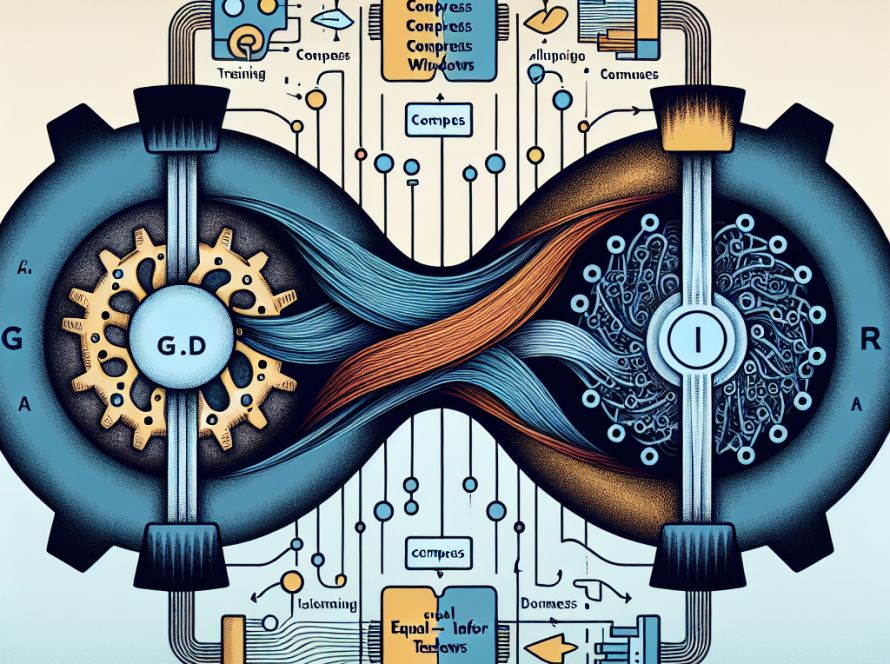An innovative research paper on job creation in the U.S. since 1940 shows that technology, particularly since 1980, has replaced more jobs than it has generated. The study was led by MIT economist David Autor, Ford Professor of Economics.
Entitled “New Frontiers: The Origins and Content of New Work, 1940-2018,” the paper marks a significant shift in the scholarly understanding of technological impacts on employment. It points that while technological advancement led to job displacement through automation, it also spurred the creation of new tasks (augmentation). The researchers deep-dived into the U.S. census job data and patent documents to quantitatively evaluate technology’s role in both job destruction and creation.
Overall, the study found that about 60 percent of jobs in the U.S. represent new work created since 1940. Researchers also found that augmentation’s effect on employment saw a positive shift, although not as substantial as automation’s negative impact during the 1980-2018 period.
Undeniably, technological change has more than doubled its negative effects on employment during this period than between 1940 and 1980. Still, the paper asserts, there has been no period where new work was not created. The research also underscores that technology isn’t the sole driver of new job creations; factors such as demographic shifts and consumer demand also stimulate growth in numerous sectors.
Autor hints at the myriad possibilities of future innovations and their employment implications, citing the instance of AI. He says, “AI is really different,” adding that while it may substitute some high-skill expertise, it may complement decision-making tasks.
Additionally, the study alerts that technological trends over the last 40 years have exacerbated the U.S. wage gap, with highly educated professionals more likely to work in new fields, which in turn are split between high-paying and lower-income jobs.
In conclusion, while this research opens up new avenues, there is scope for more refinement in the team’s methods. The study was partially supported by The Carnegie Corporation; Google; Instituut Gak; the MIT Work of the Future Task Force; Schmidt Futures; the Smith Richardson Foundation; and the Washington Center for Equitable Growth.


